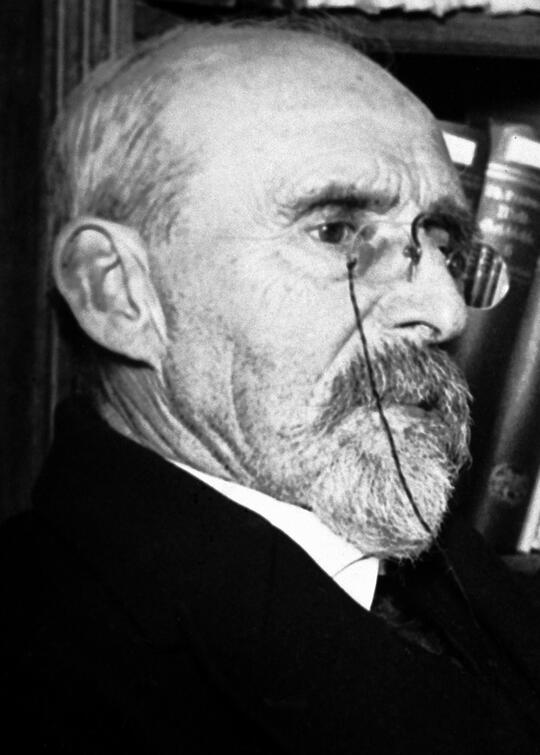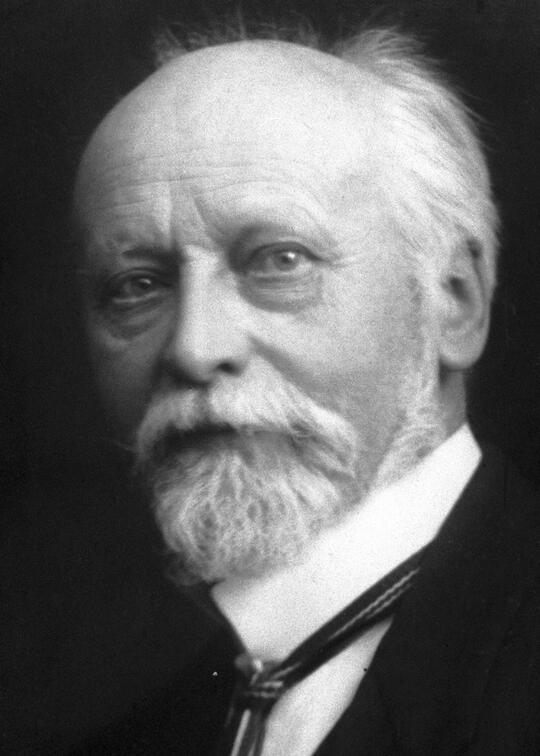1927
Ferdinand Buisson
Ludwig Quidde
for their contribution to the emergence in France and Germany of a public opinion which favours peaceful international cooperation

Ferdinand Buisson (1841 - 1932)
France
For Human Rights and Franco-German Reconciliation
Ferdinand Buisson grew up under the nineteenth-century dictatorship of Emperor Napoleon III. He studied philosophy and pedagogy, and moved to Switzerland so as to be able to work, think, and write freely. All his life he was committed to the advancement of democracy and human rights. After the Franco-German war of 1870-71 and the Emperor's fall, Buisson returned to France, where he became professor of pedagogy at the Sorbonne. He took a stand against the anti-Semitism in French society, and in 1902 he was elected to the Chamber of Deputies for the Radical Socialists. There he also became a spokesman for women's suffrage. In World War I, Buisson denounced Germany as the aggressor, but was strongly opposed to the harsh treatment to which it was subjected after the war. He feared it would lay the foundations for a revanchist war on Germany's part, and arranged meetings aimed at Franco-German reconciliation. This work gained him the Peace Prize together with the German Ludwig Quidde.
Ludwig Quidde (1858 - 1941)
Germany